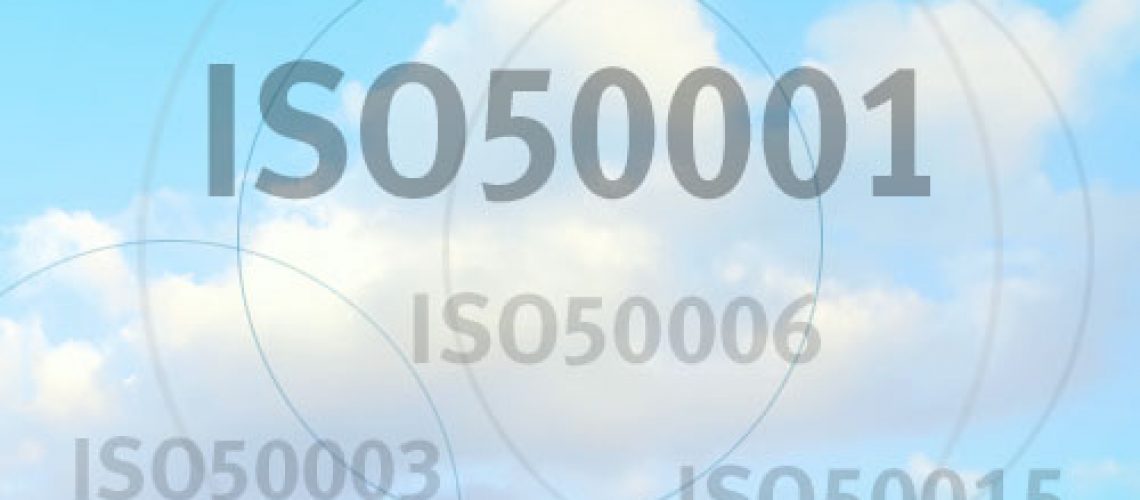After the revision of ISO 9001 and ISO 14001, ISO 50001 has now also been reviewed. Here too, there will be a 3-year transitional period for certified companies to convert to the ISO 50001:2018 from the date of its publication. Certificates on the basis of the ISO 50001:2011 will lose their validity on 20.08.2021. However, at the same time it has been stipulated that certification authorities will no longer carry out audits on the basis of the old standard 18 months after publication of the ISO 50001:2018, i.e. as of 20.02.2020. Accordingly, certified companies will have had to complete the transition to ISO 50001:2018 from February 2020 onwards. It remains to be seen whether this contradictory arrangement remains in place or whether the German Accreditation Body (DAkkS) will publish a clarification. We will keep you informed.
As before, the ISO 50001:2018 is also designed to support companies in improving their energy consumption, their use of energy and their energy efficiency.
One major change is the new standard structure. Here too, as in the case of ISO 14001 and ISO 9001, the new standard has been organised according to the “High-level structure”. This greatly improves compatibility of the standard with other management system standards and enables a consistent, efficient and integrated management system for companies.
Identification of external or internal issues relating to the energy management system (EnMS) is now also required for the ISO 50001:2018 – similar to ISO 9001 and ISO 14001. In addition, top management will be held more accountable for the effectiveness of the EnMS.
Moreover, there will be a stronger focus on a proven continuous improvement. The goals and action plans will have to consider essential energy use and methods of verification of achieved efficiency improvements. The continuous improvement of energy performance must be demonstrated through measuring and monitoring activities. This is done, for example, by disclosing energy performance key figures and energy baselines.
In addition, the updated ISO 50001 requires the establishment and systemic consideration of risks and opportunities of the energy-related performance. These are to be taken into account during planning and be reduced or exhausted through measures.
The PDCA (Plan-Do-Check-Act) cycle remains unchanged as the basis of the standard.
In summary, the new ISO 50001:2018 requires, above all, an updated and in-depth analysis and evaluation of the energetic aspects of the company. Furthermore, top management will have to assume a greater responsibility.
Arqum offers to carry out a GAP analysis in your company on the basis of the current standard draft. In order to implement the new requirements correctly, we can provide you, for instance, with workshops for an extended evaluation of the energy performance. Please do not hesitate to contact us!
Your contact at Arqum: Philipp Leinfelder


